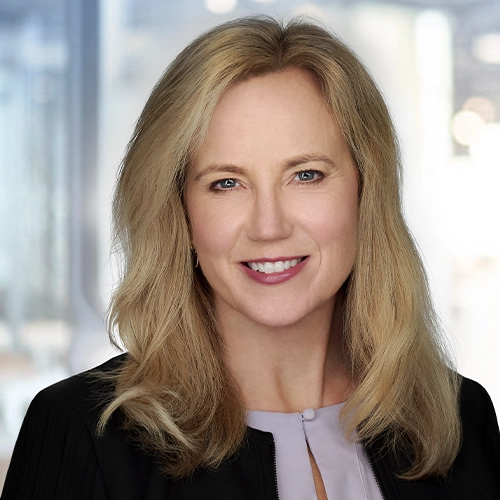
How to answer "tell me about yourself" in interviews


"Tell me about yourself."
You'll inevitably answer this question a number of times during a phone, video, or on-site interview with whomever the hiring companies have set up to interview you. The question itself takes many forms, including:
- “Take me through your resume.”
- “Help me understand your career progression.”
- “Walk me through your background.”
Typically, the question is asked at the beginning of the interview - right when you're the most nervous, least comfortable, and still trying hard to get to know your audience. These potential employers are giving you an opening that will set the tone for the rest of the interview. This can be a tremendous plus or a missed opportunity.
How You Should Answer
To answer this question successfully, start at the beginning - well, not the very beginning. Start by describing your college experience and then move into your professional roles. For example:
- "I received my BS degree in engineering before moving on to my first role with XYZ company as a Mechanical Design Engineer."
- "I worked myself through college at XYZ company doing X until really digging into my career as a Y."
Next, outline your responsibilities and professional achievements. The key here is to highlight your accomplishments; Companies like to hire people who save money or make money so keep that in mind when you developing your answer.
Clearly focus on the positive, as it is your soapbox after all. One of the worst ways to answer this question is to go into such detail that you leave no time for the rest of the interview. If your interviewer starts to fidget or look away from you, stop yourself and ask them, “Was that the level of detail you were looking for?"
What Your Interviewer Wants to Hear
Interviews are listening for many things, including:
- Does this candidate sound like a person who gets things done?
- Does this seem like someone who will contribute to our team and enhance our company culture?
- Does this candidate's career progression make sense?
- Is the candidate "a leaf in the wind," or someone who floats between jobs frequently. For example, this type of candidate might say, "My company closed, and then after a few months I went to company X, but it wasn’t the right fit so I left and moved again to company Y..."
You should concentrate on making your job moves sound like they were purposeful and well thought out. It is okay if your company was closed, but you might want to answer the somewhat obvious question of whether you were proactive or reactive when that happened.
Practice, Practice, Practice
Practice just like you would practice any important presentation. It is best practice your responses in front of a live person who can offer critique, but if that's not an option a mirror can be your last resort.
Time your answer. Most first-round interviews, during which you are most likely to get asked this question, are short; They typically run between 30 minutes to an hour. I advise developing a 5-8 minute answer depending on the length of your career - and also taking into account the interviewer's body language as you give your response.
Don't Provide Personal Details
I would also recommend avoiding (unless specifically requested) personal details unrelated to your career progression and extracurricular hobbies. Your goal is to fully answer the initial opening question and then let them ask their next question. If you feel like you rushed it, or if it simply was too brief, you can always state, “ I just relayed 25 years in five minutes, I’m happy to go into more detail about any of my past roles” and then leave the silence.
Let them take over and go in the direction they want. If they are good interviewers, they have already reviewed your resume and have prepared some questions or at minimum circled some of your previous roles they'd like to hear more about.
Image Credit: justplay1412 / Shutterstock.com
Meet the Author



